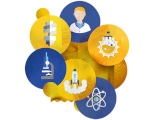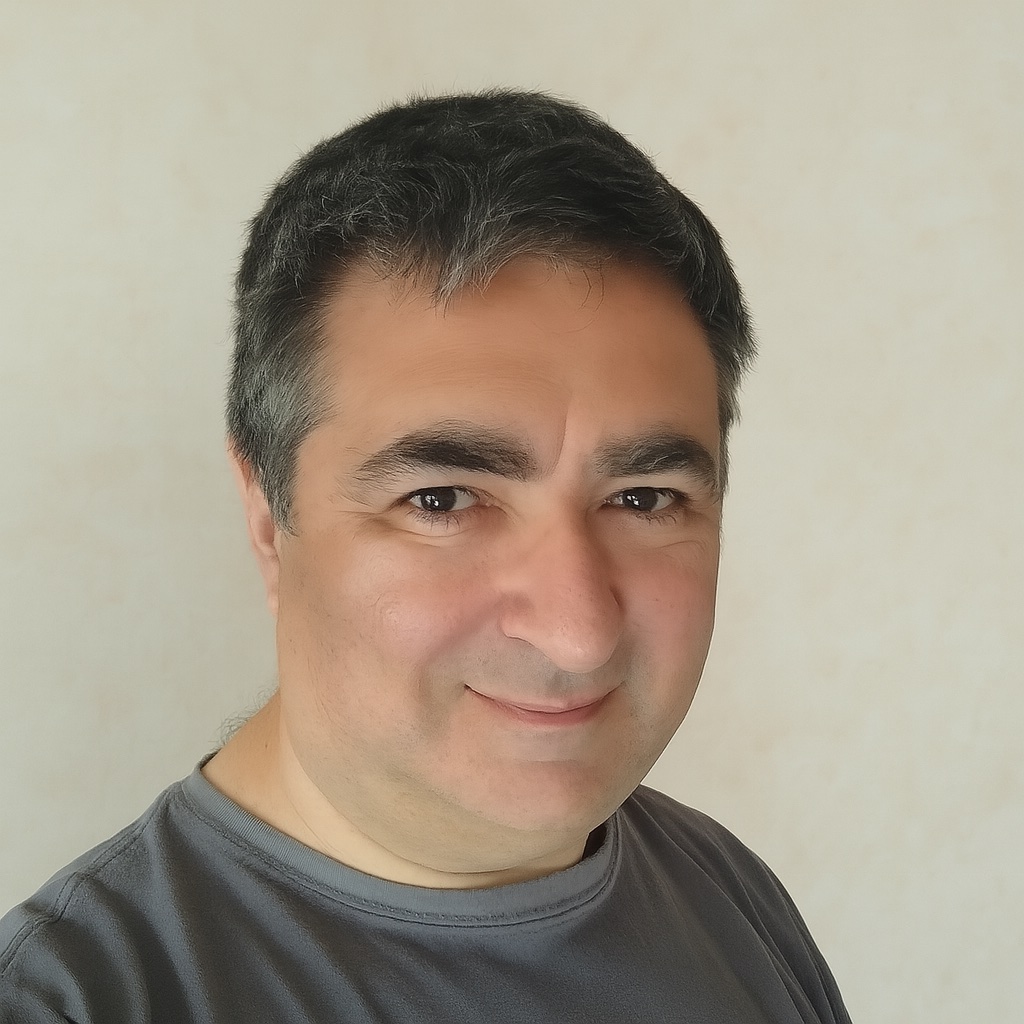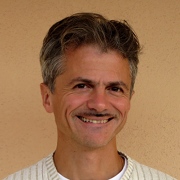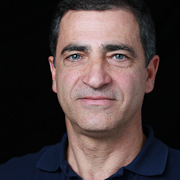EXCALIBUR will study, develop, and evaluate a holistic framework that offers innovative tools and methods for enhanced study, improved conservation and restoration works, and knowledge of cultural heritage objects, based on their digital twins.
EXCALIBUR focuses on solutions that assist the study, conservation, and restoration of burial excavations, remains, and findings at the level of (a) burial sites, excavations, and surroundings, (b) tomb structures and burial decorations, (c) artefacts, burial findings, traditions and ceremonies, and (d) human and burial remain. Through the centralised, interoperable, and human-based platform of EXCALIBUR, toolkits of usable, open-source, and cost-affordable solutions will be available for the wide spectrum of cultural heritage. The DNA of EXCALIBUR consists of the real user needs, as archaeologists, bioanthropologists, museologists, conservators, historians, researchers, and scholars co-define the requirements and their needs, co-design the toolkits, test, evaluate, and validate the tools through representative case studies and an open call for support to third parties, and finally using, the innovative and enhanced solutions of the project through the ECCCH. In addition, a multidisciplinary group of experts and sciences from European research, academia, and creative entrepreneurship join their forces, sharing their knowledge, designing and developing through cutting-edge technologies, and delivering breath-taking, but at the same time usable, cost-affordable, and sustainable solutions for enhanced study, improved conservation and restoration works, and knowledge of cultural heritage. The holistic framework and the innovative solutions of the EXCALIBUR project will be designed and developed according to the guidelines of the ECCCH infrastructure and services, as well as with close collaboration with the ECCCH ecosystem. Training, open call, communication, dissemination, and exploitation activities are included.
CRS4 will focus on the research and development of advanced scalable solutions for the digital acquisition of detailed visual and/or geometric surface characteristics using Multi-Light Image Collections (MLICs) methodologies, e.g., including but not restricted to Reflectance Transformation Imaging. CRS4 will leverage its expertise in this field to create an innovative flexible and scalable framework for capturing free-form MLIC data, characterised by enhanced accuracy, reliability and versatility and usable for mass-production of digital representations of CH assets. The practical outcome will consist in (a) a protocol for quickly acquiring detailed surface representations using a single camera and freely moving lights; (b) intelligent methods and tools for automatically characterising viewing and illumination conditions, without needing specialised setups and/or calibration targets such as glossy spheres or radiometric targets; and (c) intelligent methods and tools for creating reliable surface representations with minimum user intervention.
Chiudi

